
Veera Pengal Munnetra Sangam's Journey to Economic Independence and Social Recognition
In the bustling streets of Chennai, a remarkable group of women has taken the wheel, challenging societal norms and advocating for a better future. Veera Pengal Munnetra Sangam (VPMS), a cooperative of women autorickshaw drivers, is not only breaking barriers but also championing Women Drivers Economic Independence, improved working conditions, and social empowerment. Registered in April 2024 and now comprising about 400 women, this collective has received recognition, winning a competition at IIM Kozhikode aimed at fostering cooperative entrepreneurship.
A Vision for Change
VPMS operates with a clear vision: to create a safe, sustainable, and economically viable work environment for women auto drivers. The Sangam is driven by the leadership of Mohana Sundari, one of its key members, who advocates for a business-like model. By functioning as a transport cooperative, VPMS has gained recognition, making it easier to secure contracts from private and government sectors. Operating as a unified entity also allows them to provide essential benefits to members, such as emergency funds, which would be challenging if they were acting individually.
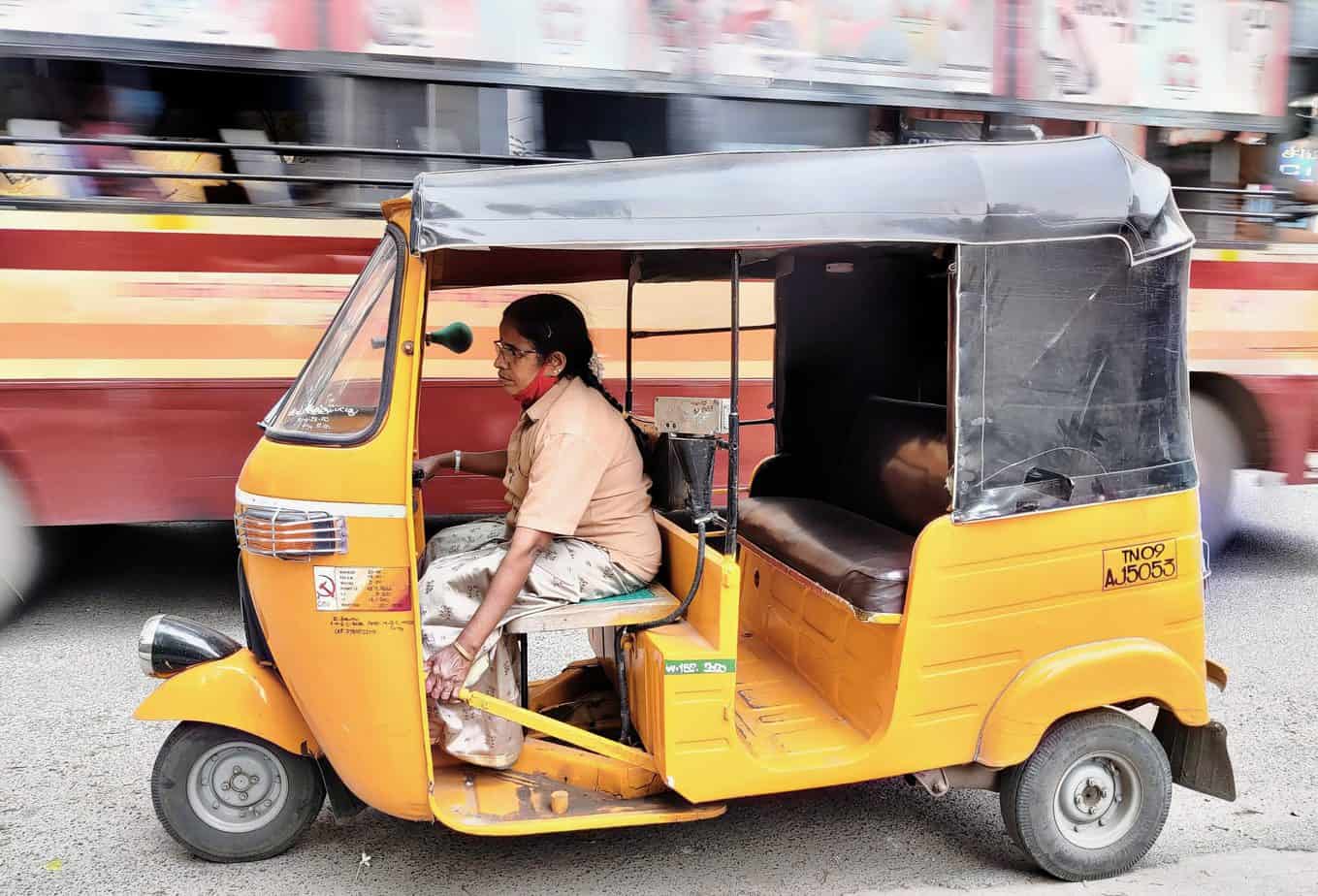
Image Credits: citizenmatters
Breaking Language and Cultural Barriers
The Sangam recently took part in Coop 2024 at IIM Kozhikode, where they competed against other cooperatives. For many, like Divya M., the experience was initially intimidating. Surrounded by English-speaking participants typing away on laptops, Divya and her team initially felt out of place. However, when it came time for their presentation, they spoke candidly about the hardships and resilience of women auto drivers in Chennai. Their authenticity won over the judges, and VPMS secured first place in the competition. This experience was transformative, providing the women with newfound confidence and inspiration.
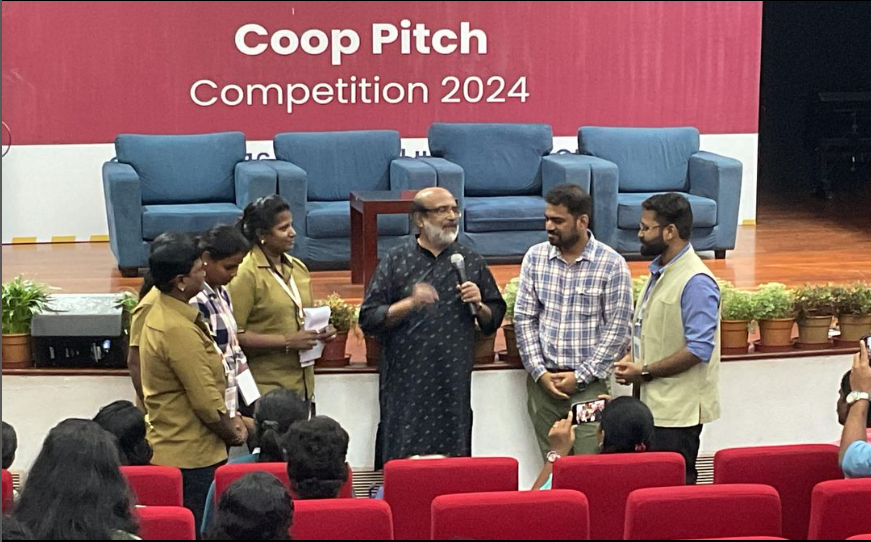
Image Credits: Instagram/drthomasisaac
Business Model and Future Goals
VPMS aims to model itself after a transport company or a mobile app service, ensuring members gain access to benefits like Provident Fund (PF) and Employee State Insurance (ESI). This structure helps them secure loans and establishes credibility, allowing them to compete for contracts within the transport sector. Currently, 70% of VPMS members are single parents, balancing the responsibilities of childcare and work. For these women, driving an auto offers a practical means to manage both personal and professional lives.

Challenges on the Road
Despite their resilience, the women face significant challenges. The “auto stand” culture in Chennai, where men dominate public parking spaces, creates additional hurdles. Women drivers are often denied access to prime locations like hospitals, hotels, and malls. However, VPMS, with the support of Empowering Communities through Education, a non-profit led by Vijay Gnanaprasad, is determined to overcome these barriers. By operating as a cooperative, they can tap into new opportunities, like contracts with transportation authorities, and raise awareness about the existence of women auto drivers in Chennai.
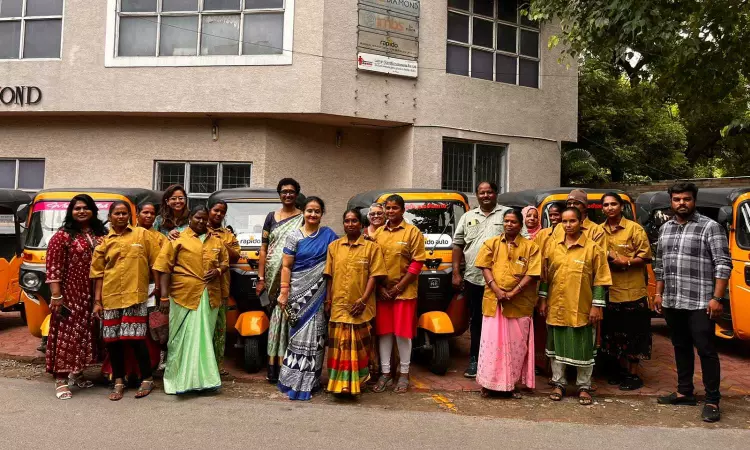
Image Credits: DT Next
A Broader Vision: Similar Business Models for Women Empowerment
The success of VPMS provides a model that can inspire similar cooperative ventures across various sectors. Here are a few examples of industries where women can unite and thrive as a community:
1. Handicrafts and Artisans' Cooperatives
Women artisans in rural and urban areas can come together to form a cooperative for handicrafts production and marketing. This approach would allow them to pool resources, share skills, and gain better access to domestic and international markets, while maintaining control over pricing and quality.

Image Credits: thebetterindia
2. Agricultural Cooperatives for Small-Scale Farming
Small-scale women farmers can form cooperatives to sell their produce collectively, share resources, and negotiate better terms with buyers. This model is particularly effective for organic and sustainable farming practices, where pooled resources and shared knowledge can lead to higher-quality produce and better market access.
3. Healthcare Cooperatives for Community Nursing and Elderly Care
Women trained in nursing and caregiving can form cooperatives to provide home-based health and elderly care services. This model would not only provide stable income for women in the community but also address the growing demand for quality caregiving in India.
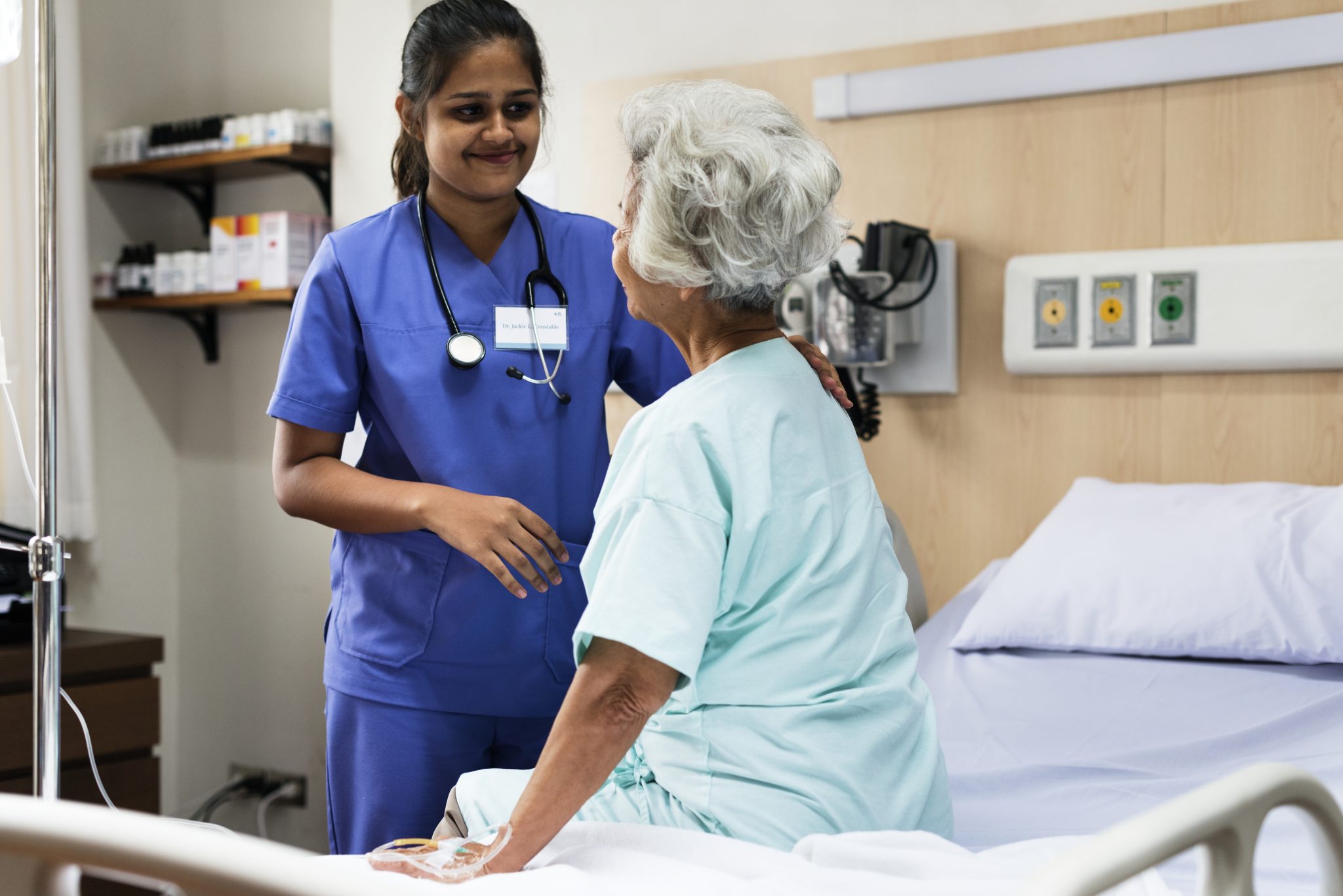
4. Home-Based Food Production and Catering Services
Women interested in food production can form cooperatives to provide home-cooked meals, catering services, or even packaged food products. A cooperative structure can help them pool resources for kitchen space, branding, and distribution, allowing them to reach a larger customer base.
5. Housekeeping and Domestic Services Cooperative
A housekeeping cooperative, where women provide cleaning, childcare, and other domestic services, could offer a stable income and job security. By operating as a collective, these women could negotiate fair wages, ensure regular working hours, and offer service packages to clients in residential and commercial sectors.

6. Sustainable Fashion and Textile Production
Women skilled in sewing, embroidery, and textile work can collaborate to create eco-friendly and sustainable clothing lines. Operating as a cooperative would allow them to share resources for raw materials, promote their brand, and sell products both locally and online.
7. Educational Tutoring and Coaching Centers
Teachers and educators can form cooperatives to provide tutoring services, especially for underprivileged communities. By pooling resources, they can offer quality education at affordable rates, create flexible schedules, and share a sense of ownership in the community.
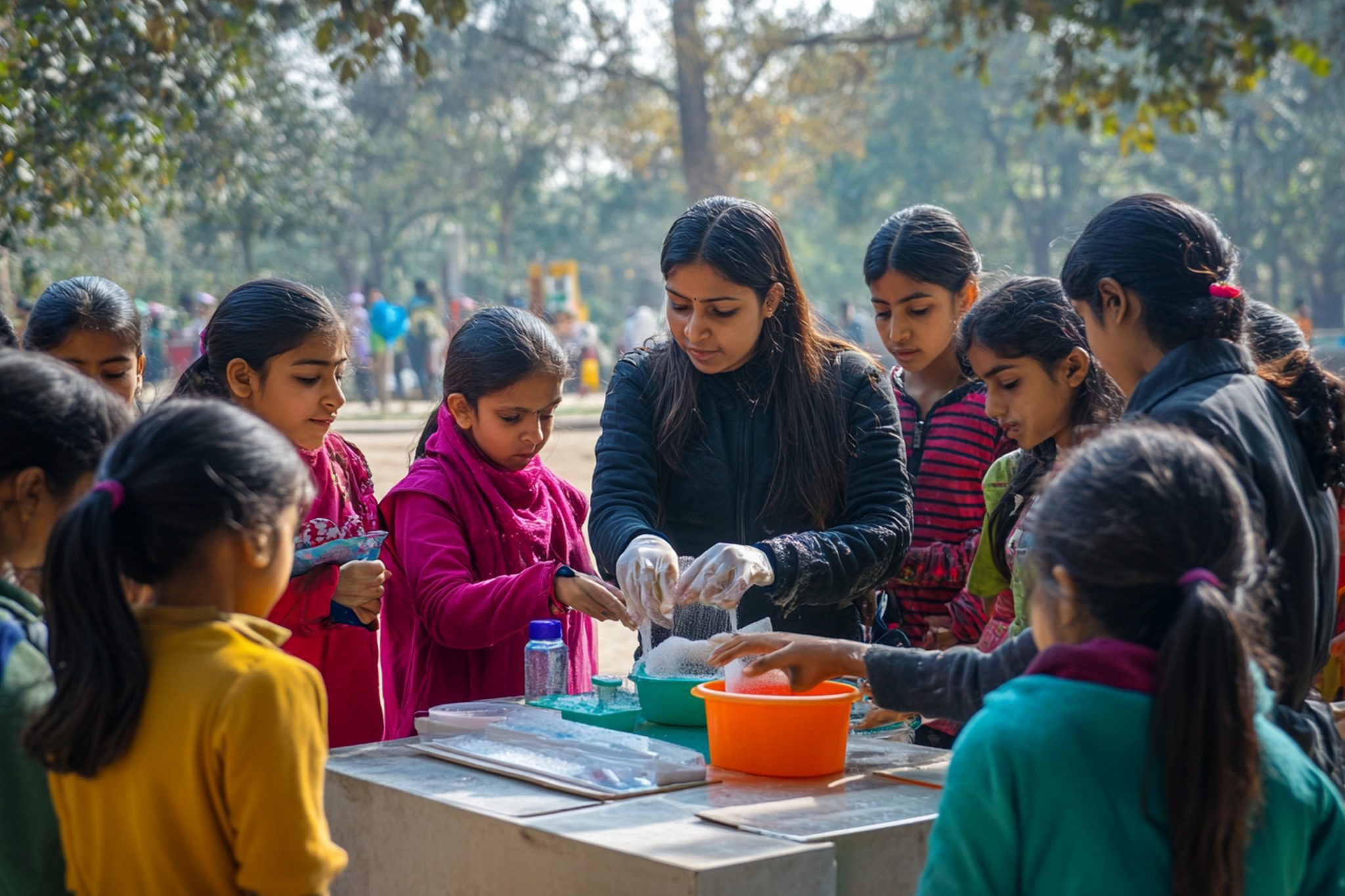
8. Beauty and Wellness Services
Women in the beauty industry can form cooperatives to offer salon services, wellness workshops, and natural beauty products. This model would allow them to share costs for supplies, expand their customer base, and create a supportive network in a competitive field.
9. Digital Marketing and Freelance Services
Women skilled in digital marketing, content creation, or design can form cooperatives to take on projects as a team. This setup would allow them to offer a wide range of services, such as website design, social media management, and content writing, making them more attractive to larger clients.
10. Transportation Services for Women and Children
Inspired by VPMS, women can create cooperatives to provide safe transport services exclusively for women and children. This model could include carpooling, school pickups, or even event-based transportation services, enhancing safety and empowering women in the transport industry.

Veera Pengal Munnetra Sangam’s journey illustrates the transformative power of cooperative entrepreneurship for women.
By coming together, the women have not only improved their economic stability but also gained a sense of collective identity and confidence. Their success serves as an inspiration for other women-driven cooperatives across various fields, proving that unity and community-oriented business models can lead to significant social and economic progress.
As VPMS continues to grow, the hope is that their story will encourage more women across India to come together, forming cooperatives that will empower them to achieve independence, stability, and social recognition.
IS360 Can be Reached at
Sharing is caring!

